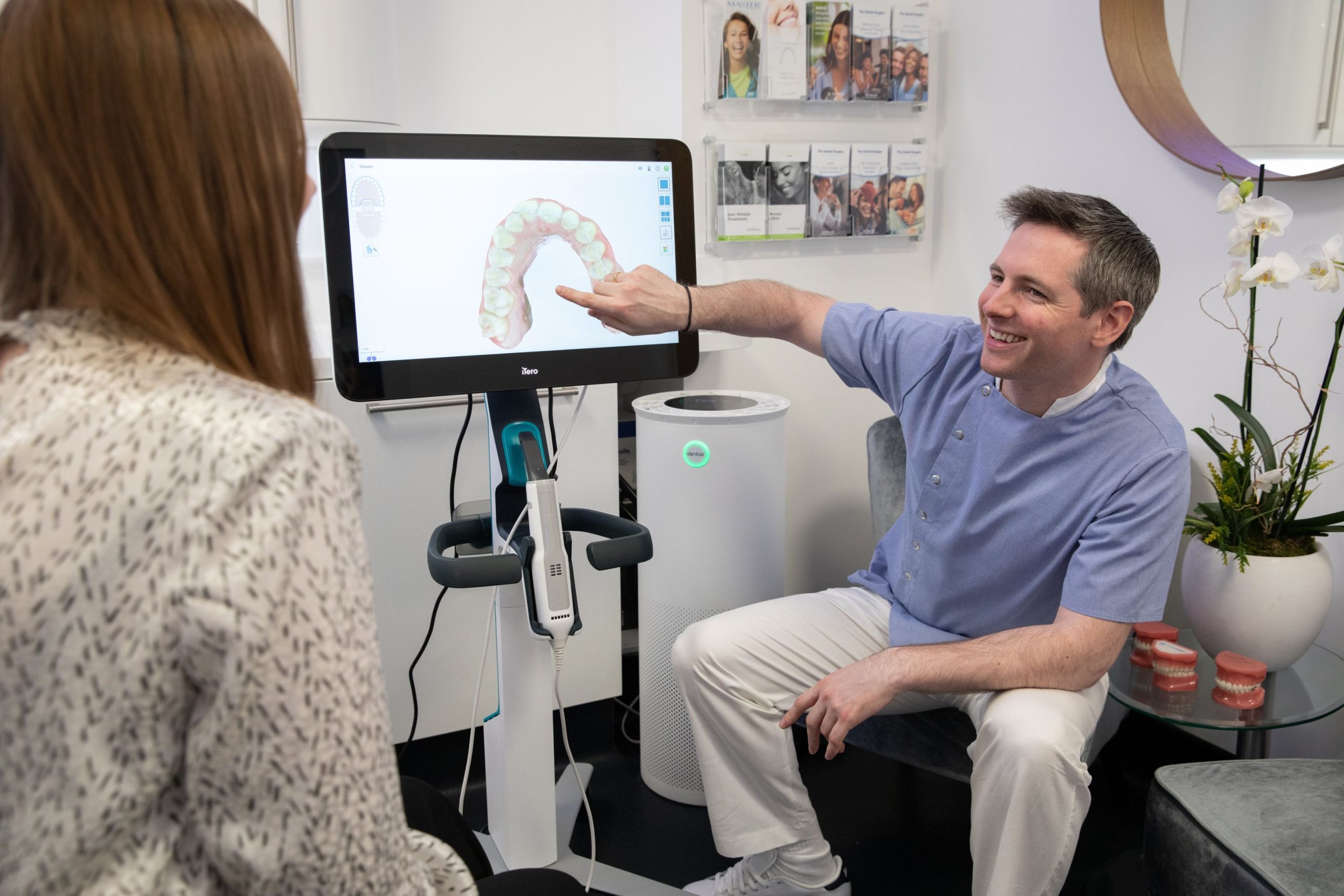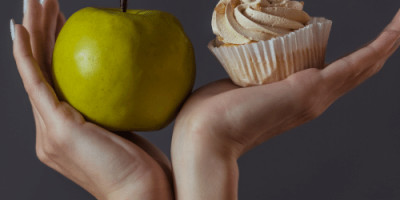-
Categorised as:
- Dental Hygiene
- General Dentistry
- Teeth Restoration
5 Myths About Sugar And Your Teeth
Sugar is bad for your teeth – that we can all agree on, but there are a few other sweet assumptions that might not be reliable.
Let’s look at some common myths about sugar and your teeth, including why it’s far from the only part of your diet that you need to be mindful of.
The problem with simply listing foods to avoid is that there are so many of them. The list quickly looks prescriptive; it is natural then to start wondering just what is OK to eat and drink.
1. Your teeth like “diet” and sugar-free drinks…
The logic is seemingly obvious; if the sugar in drinks is damaging, then the sugar-free version must be fine. Surely you can have as much sugar free lemonade or coke as you want without any ill effects on your teeth?
This one falls heavily into the myth category.
Research at the University of Michigan looked at the damage done to teeth by Coke and Diet Coke. The findings showed that after 14 days’ exposure to teeth, the diet version had done slightly more damage to tooth enamel than the standard version.
Whatever advantages these diet drinks might have in other aspects, saving your enamel is not one of them.
Many sugar free drinks are high in phosphoric acid, citric acid, and/or tartaric acid and it is these acids that can damage the enamel in your teeth; leading to decay and potential cavities or gum problems.
This is even true for fruit juices, which can be high in natural citric acid – while swapping lemonade for orange juice might have many overall health benefits, it is not a switch that removes all potential damage to your teeth. (Tip: Drink your orange juice through a (non-plastic) straw to avoid contact with the teeth)
There are, of course, drinks that do little if any damage to teeth and it will surprise nobody to find that water comes top of that list. However, we appreciate many people do not want to limit themselves to only drinking water.
Tea and coffee are relatively tooth friendly (although staining), and milk is seen as a tooth-safe drink too.
2. Little and often is better than one big dose…
What do you imagine is worse? One huge pudding caked in sugar that you eat in one sitting, or a packet of jelly babies that you have throughout the afternoon?
The former might be worse on the waistline, but the latter, continually picking at sugary treats, has far more potential to damage your teeth.
Each time you eat sugar and starchy food, the plaque bacteria in your mouth creates acid that chips away at the tooth enamel.
Normally, after around 1 hour, the damage dies down and the “attack” is over. Picking away at sweets, or slowly sipping at a sugary drink throughout the day creates far more opportunities for these attacks on teeth. Our dentists have a saying – sip all day, risk tooth decay.
3. Cutting out all sugar is beneficial
If sugar is bad for your dental health a simple equation could follow – reduce sugar, improve dental health, eliminate sugar, enjoy optimal dental health.
The problem with this logic is that dental health is not the only aspect of your health that needs to be considered (even if it is what we tend to focus on across these pages). There needs to be a holistic approach to your diet and health.
Yes, cutting out refined sugars such as those in sweets is recommended, but not the “natural” sugars fructose and lactose that you find in fruits and dairy.
Food with natural sugars contain other important nutrients that help stabilize your blood sugar levels and benefit your overall health.
The glucose in refined sugars is broken down in the mouth, resulting in those nasty acids we mentioned previously, whereas fructose and lactose is broken down in your stomach (that doesn’t mean that you should not brush after eating natural sugars as leaving those deposits on your teeth can still do damage).
To minimize the impact of the sugars and acids in food containing natural sugars, maintain a good oral health routine at home and see your dentist and hygienist as often as they recommend.
4. You should brush your teeth immediately after consuming sugar
Yes, you should…BUT…this depends on the type of sugar and what it has been combined with.
Brushing after consuming refined sugar, such as having a biscuit, is good.
Brushing after orange juice – which pairs sugar and acid – not so much.
On eating or drinking something acidic, the pH level in the mouth changes and brushing straight after a drink or meal increases the risk of damaging the enamel. In these situations it’s best to wait an hour before brushing your teeth.
It is at this stage that improved dental hygiene, and potentially cutting out or cutting back on a few of the worst offending food items, becomes key to prevent any return of the condition.
Making other lifestyle changes can also be beneficial, for example cutting down on smoking. We will explore some of the lifestyle changes that could boost your long-term dental health in a future blog post.
5. Sugar is the worst thing for your teeth
While sugar is undeniably damaging to teeth in the long run, frequent and excessive consumption leading to plaque build-up, bacteria and all sorts of dental problems, it is best not to think in terms of one item being the overall worst for teeth.
As mentioned above, the acid in foods and drink can be just as damaging, if not more.
Alcohol also contains sugar and goes even further on the damage scale in that it can dry out the mouth, potentially leading to a buildup of plaque and bacteria which increases the risk of tooth decay and gum disease.
What’s the truth?
The key is to reduce or cut out refined sugars, and to stick to a thorough oral hygiene routine at home – this includes tricks like brushing your teeth before eating in the morning, spitting out your toothpaste but not rinsing with water to keep the protective fluoride on your teeth, and sipping water throughout the day to keep saliva levels at an optimal level.
Regular dental check-ups and oral hygiene appointments should also be maintained to ensure any issues are caught early and to give you that extra boost in cleaning your teeth that you can’t get at home (especially when you’ve indulged in some naughty treats). Contact us if you would like to book a dentist or hygienist appointment.
Do you have a specific question?
Get in touch with us today.



